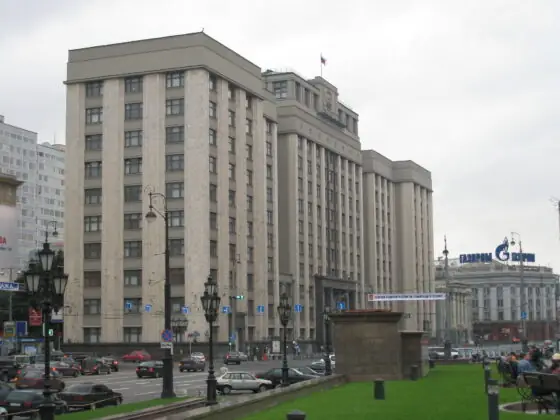Russia is currently on the edge of a third stage of economic and political reform. The first stage (1985-1991) was political liberalization. Transformation of the communist political and ideological regime with a turn toward democracy was at the heart of the whole Gorbachev period. This stage culminated with severe political crisis (the coup of August 1991) and the split of the Soviet Union.
The second stage (1992-1998) was that of economic liberalization. Price liberalization, continuous attempts at financial stabilization, and mass privatization of state-owned property were the main components of change in the Yeltsin period. This stage ended with the financial and economic crisis of August 1998, which also led to a political crisis and changes in government policy.
The third stage of transformation is on the agenda now. The Putin stage is supposed to be a time of broad institutional consolidation. Restructuring of enterprises, stimulating competition, rebuilding market infrastructure, and searching for investment are typically cited as the most critical economic issues. However, consolidation of state institutions is the most essential element of this next stage.
Consolidation of the state has broad implications for economic policy. Choices among different ways and scenarios will lead to different paths of economic activity. The task of this memo is to display the most important policy alternatives, and to estimate the probability of their implementation. […]








